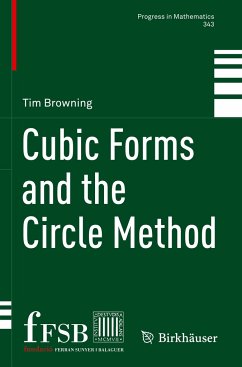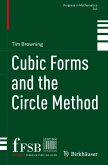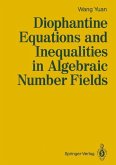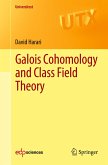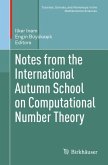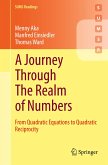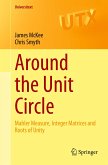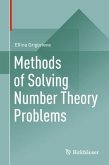The Hardy-Littlewood circle method was invented over a century ago to study integer solutions to special Diophantine equations, but it has since proven to be one of the most successful all-purpose tools available to number theorists. Not only is it capable of handling remarkably general systems of polynomial equations defined over arbitrary global fields, but it can also shed light on the space of rational curves that lie on algebraic varieties. This book, in which the arithmetic of cubic polynomials takes centre stage, is aimed at bringing beginning graduate students into contact with some of the many facets of the circle method, both classical and modern. This monograph is the winner of the 2021 Ferran Sunyer i Balaguer Prize, a prestigious award for books of expository nature presenting the latest developments in an active area of research in mathematics.
"This marvelous and very clearly written book is a very valuable addition to the literature ... . I think it is a great read for every circle method practitioner, especially those coming from the more classical side but eager to learn more about the function field or geometric side, as well as for graduate students in analytic number theory, to be studied along with the more classical texts by Davenport and Vaughan." (Rainer Dietmann, Mathematical Reviews, March, 2024)
"It is recommended for readers with a solid background in abstract algebra, local fields, algebraic varieties and some analytic and algebraic number theory." (Franz Lemmermeyer, zbMATH 1493.11003, 2022)
"It is recommended for readers with a solid background in abstract algebra, local fields, algebraic varieties and some analytic and algebraic number theory." (Franz Lemmermeyer, zbMATH 1493.11003, 2022)

